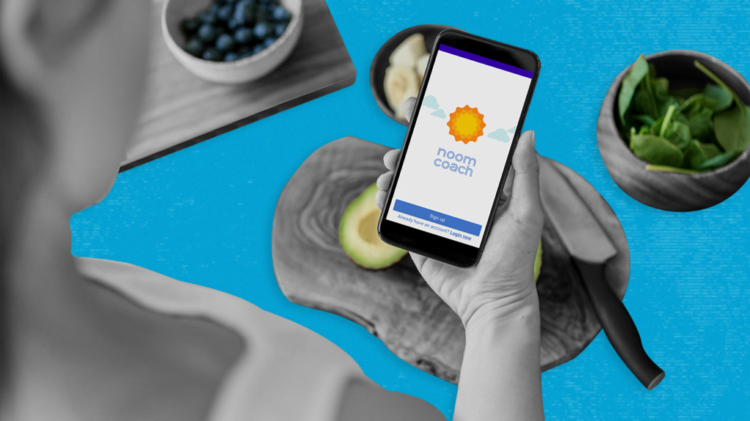The Noom diet plan has gained popularity over recent years as a modern, app-based approach to weight loss and healthy living. Unlike traditional diets that focus primarily on calorie counting or food restriction, Noom emphasizes behavioral psychology, habit formation, and education to support long-term lifestyle changes. But what exactly is the Noom diet plan, and how does it work? Here’s a comprehensive overview.
What is the Noom Diet Plan?
The Noom diet plan is part of a digital health platform offered through the Noom app, which combines nutrition tracking, health coaching, and psychological principles to promote sustainable weight management. It was created by Noom Inc., a health-tech company founded in 2008, with the mission of helping people live healthier lives through behavior change.
At its core, the Noom program encourages users to:
Set personalized health goals
Understand their eating behaviors
Track food intake and physical activity
Receive support from virtual coaches and a peer community
Rather than promoting a specific meal plan or eliminating food groups, Noom teaches users to make more informed food choices and build better habits over time.
How Does Noom Work?
1. Initial Questionnaire
When users sign up, they complete a detailed questionnaire covering their:
Age, weight, height
Lifestyle and activity levels
Health goals (e.g., weight loss, maintenance, improved nutrition)
Based on this data, Noom creates a personalized plan and estimated timeline for achieving the user’s goals.
2. Daily Lessons and Coaching
Noom offers short, interactive lessons on topics like:
Mindful eating
Emotional triggers
Cognitive behavioral techniques (CBT)
Stress management and motivation
Users are also assigned a personal coach and can join a group for support and accountability.
3. Food Logging System
Food is categorized into three color-coded groups:
Green foods (low-calorie, nutrient-dense): fruits, vegetables, whole grains
Yellow foods (moderate calorie density): lean meats, low-fat dairy, legumes
Red foods (high-calorie, less nutrient-dense): processed foods, sweets, fried items
This system helps users make more balanced choices without strictly banning any food.
4. Tracking Tools
Users can log meals, water intake, exercise, and weight through the app. The data is used to monitor progress and reinforce positive habits.
Benefits of the Noom Diet Plan
✅ Psychological Insight: It focuses on the “why” behind eating habits, helping users develop a deeper understanding of their behavior.
✅ Flexibility: No food is entirely off-limits, which reduces the risk of binge eating or diet fatigue.
✅ Evidence-Based: Noom incorporates CBT and other proven behavioral strategies.
✅ Accountability: Daily check-ins, coaches, and group chats provide ongoing motivation and support.
Potential Drawbacks
❌ Cost: Noom is a subscription service, typically costing $60/month, though discounts are available for longer commitments.
❌ Time Commitment: The app requires daily interaction, which might not suit everyone.
❌ Not a Fit for All Conditions: People with eating disorders or serious medical conditions should consult a healthcare provider before starting Noom.
Is Noom Effective?

Several studies suggest that Noom can lead to significant weight loss when used consistently. A 2016 study published in Scientific Reports found that 77% of Noom users reported weight loss. The platform’s success largely depends on user engagement, goal setting, and willingness to adopt lasting behavioral changes.
Who Should Consider Noom?
Noom may be a good fit for:
Individuals seeking a flexible, non-restrictive diet
People interested in the psychological aspects of eating
Users who benefit from structure, coaching, and digital tracking
However, it may not be ideal for those looking for quick fixes or who prefer traditional meal plans without tech-based interfaces.
Final Thoughts
The Noom diet plan stands out for its unique blend of psychology, nutrition education, and technology. By focusing on how and why people eat rather than just what they eat, Noom empowers users to make long-term, sustainable changes. While it’s not a magic solution, it can be a powerful tool for those ready to commit to a healthier lifestyle through self-awareness and gradual habit change.

